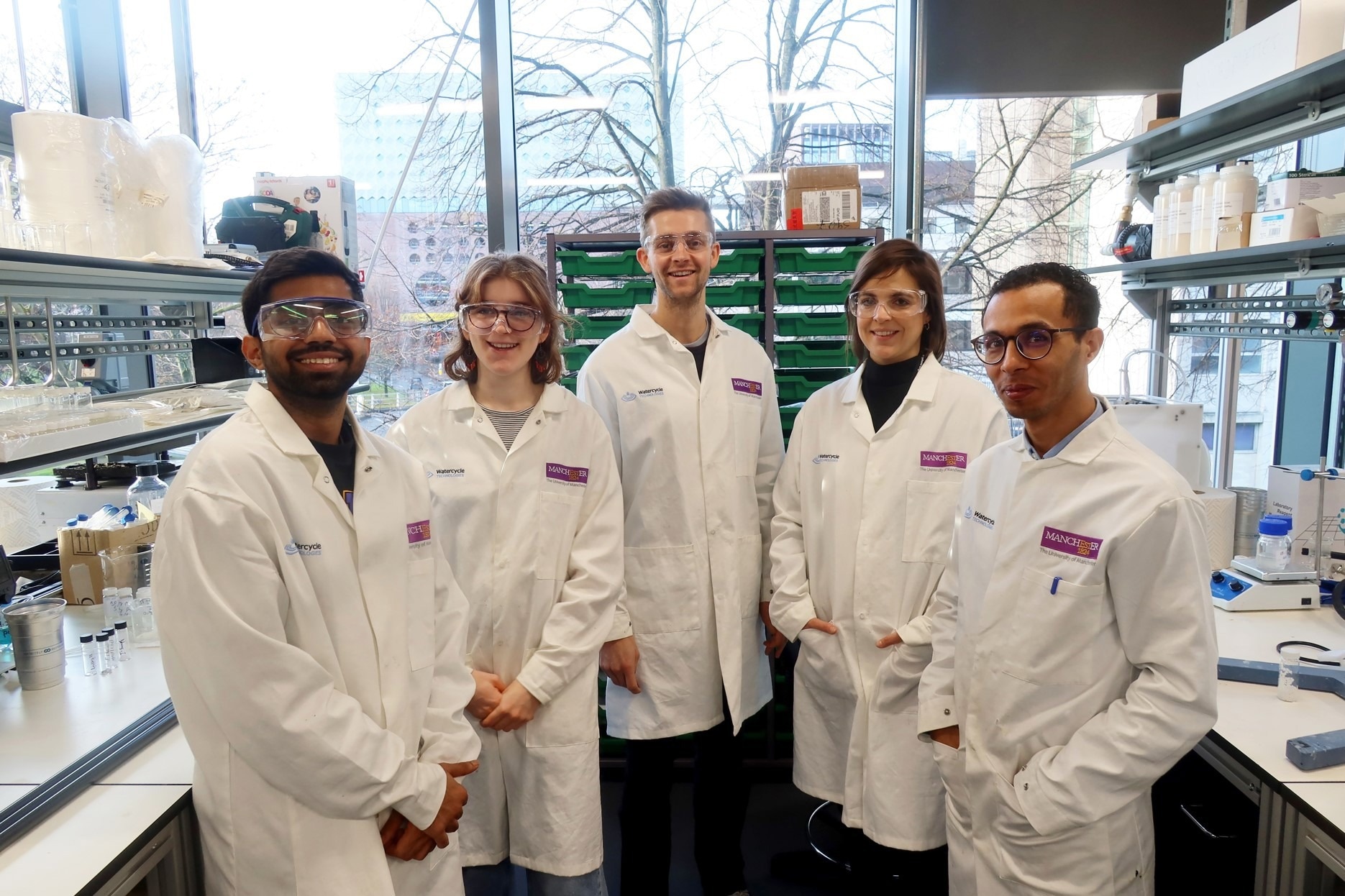Manchester based Watercycle Technologies Ltd, a deep tech company focused on developing sustainable, high-yield, low-cost, mineral extraction and water treatment systems has signed an agreement (‘the Agreement’) with Energia Minerals (Italia) (‘Energia’) Srl, a subsidiary of ASX listed Altamin Limited, to produce lithium carbonate from Energia’s Galería EL geothermal brine projects in the Lazio Region of central Italy utilising Watercycle’s proprietary Direct Lithium Extraction and Crystallisation (‘DLEC’) technology.

Image Credit: Watercycle Technologies Ltd
Watercycle’s patented filtration process is proven to be able to selectively extract lithium from sub-surface waters/brines and is currently already being piloted in tandem with Cornish Lithium in the South West of England. Its DLEC process is capable of treating a wide range of water types and can deliver dramatic reductions in costs, carbon emissions and water consumption compared with current processes.
Under the terms of the Agreement Watercycle will test the brines extracted from a borehole in Italy and once the composition is understood, dedicated membranes will be fabricated by the team based on the chemistry of the water. Watercycle will then process a quantity of the brine using its DLEC process. Analysis of the composition of the lithium-rich solution that is produced from the process as well as the composition of the de-lithiated brine will then be undertaken. Watercycle will then process the lithium-rich solution to produce lithium carbonate salts, a key differentiator in its process compared to standard DLE practises. This lithium carbonate salt will then be characterised to gather structural and chemical information as well as the chemical purity and recovery rate of the lithium salt. If successful, the two parties will examine the potential for initiating large scale pilot testing in Italy.
Watercycle CEO Dr Seb Leaper said, “We are delighted to be working with Energia Minerals who have recognised the potential of our unique approach to lithium extraction from brines. This agreement is a further validation of our proprietary membranes and processes which are gaining increasing traction both nationally and internationally. Each brine has different characteristics, and it is part of our development model to test multiple brines to further prove the efficacy of our technology and provide leading edge, sustainable solutions for lithium and critical mineral extraction from them.”
Watercycle co-founder and CTO Dr Ahmed Abdelkarim added, “Our technology has taken years of development both within the University of Manchester and now within Watercycle, the vehicle that is advancing its development and implementing the commercialisation strategy. We are not only successfully partnering with lithium brine developers but also making fantastic headway in the extraction of multiple critical minerals including cobalt and graphite from spent batteries and the utilisation of our processes in desalination, critical in today’s world where water shortages are being becoming more pronounced. I look forward to announcing further progress as we rapidly develop the business and deliver commercial but sustainable solutions to the mineral extraction market.”